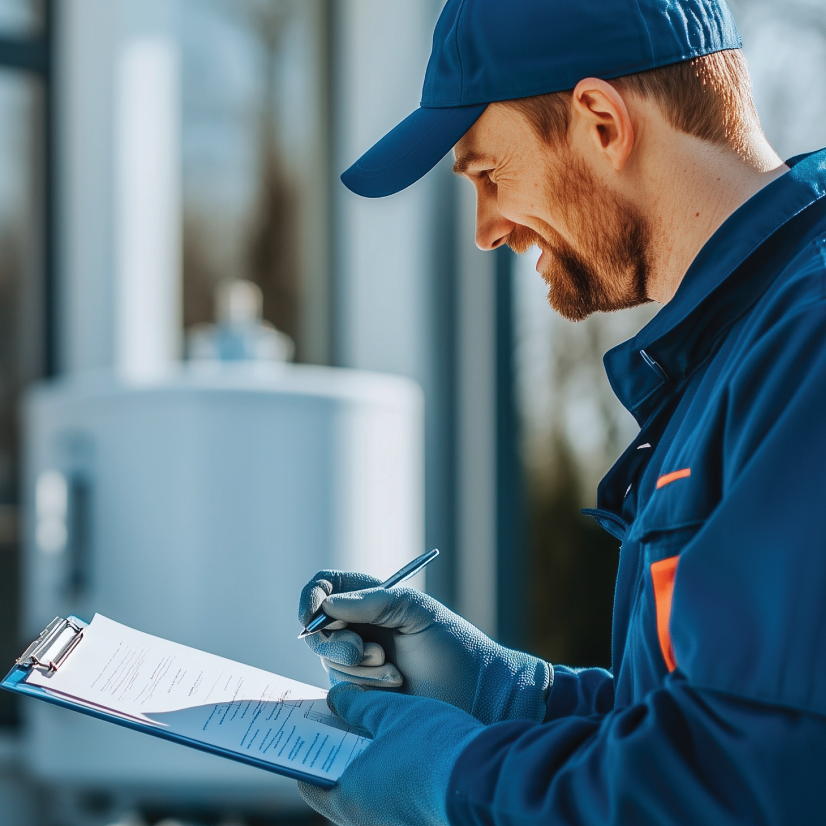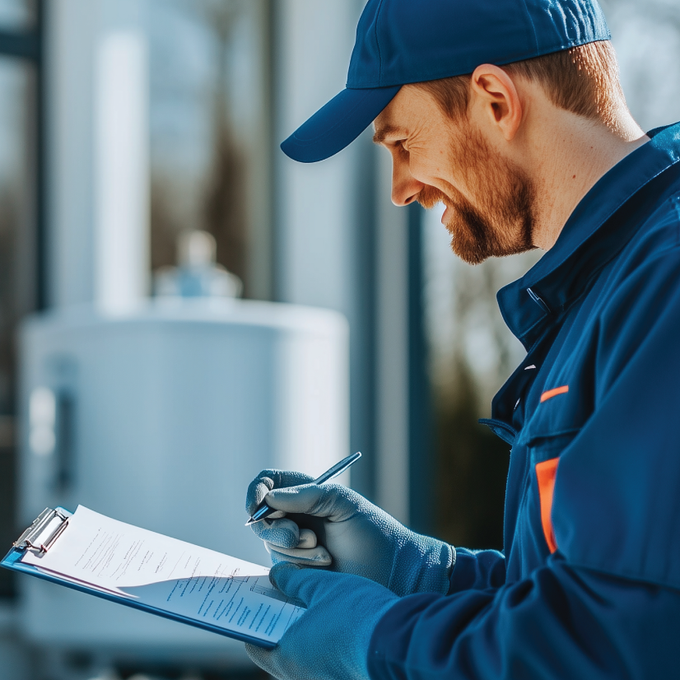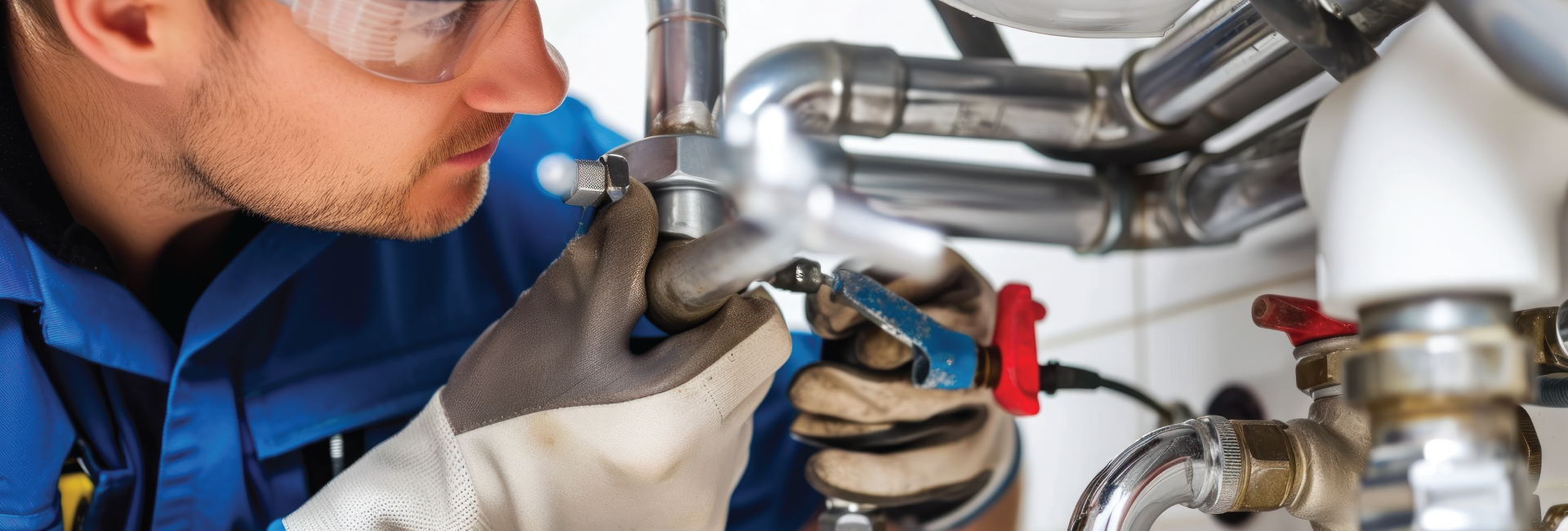Precision in Every Pipe.
Expertise for Every Business.
Precision in Every Pipe.
Expertise for Every Business.
Precision in Every Pipe.
Expertise for Every Business.
Reliable Commercial Plumbing Solutions Since 1965
Action Plumbing is a trusted commercial plumbing company serving New Jersey, Pennsylvania, and Delaware. Since 1965, we’ve specialized in 24/7 emergency plumbing, full-system installations, and expert repairs for businesses of all sizes. With self-performing expert plumbers, a fully staffed dispatch center, and a reputation for treating your property like it’s our own—we deliver commercial plumbing that works as hard as you do.
What We Do
Full-Service Plumbing for Businesses, Facilities & Multi-Site Operations
At Action Plumbing, we offer a complete range of plumbing solutions tailored for commercial properties. Explore our core service areas:
General Plumbing
We repair, replace, and install commercial plumbing fixtures including toilets, faucets, sinks, showers, disposals, flushometers, and more.
Underground Plumbing
From leak detection and pipelining to sewer and water line replacement, we provide expert underground plumbing solutions using the latest trenchless methods.
Sewer Systems
Keep sewer lines flowing with hydro-jetting, video camera inspections, and sewer line service for commercial properties of any size.
Specialty Services
We handle complex plumbing needs including backflow testing and repairs, water pump systems, grease traps, storm drain restoration, and water/gas meter installation.
Vacuum Services
We provide commercial vacuum truck services for grease traps, sewage ejector pits, storm drains, and septic systems with fast, clean, and reliable results.
Preventative Maintenance
Extend the life of your plumbing with routine maintenance including annual backflow testing, water heater flushing, sewer jetting, and seasonal winterization services.
Why Businesses Choose Us
Performance. Precision. People.
Performance
Action Plumbing is a comprehensive operation designed to deliver consistent, high-quality commercial plumbing performance through self-performing employees, fully stocked resources, transparent pricing, and corporate-level support.
Our Customers
Action Plumbing focuses on providing fast, professional, and long-lasting commercial plumbing solutions to businesses and multi-family customers across Pennsylvania, New Jersey, and Delaware.
Our Staff
Our team includes certified, background-checked, and drug-screened technicians who receive ongoing training to stay current with plumbing codes and technologies. We’re a community committed to excellence.
Why Businesses Choose Us
Performance. Precision. People.
Performance
We’re a fully self-performing plumbing contractor, equipped with licensed technicians, stocked trucks, and a professional dispatch team to handle jobs of any size with speed and consistency.
Our Customers
We proudly serve a wide range of commercial clients including restaurants, retail stores, supermarkets, banks, medical offices, multi-family housing, convenience stores, urgent care centers, and more.
Our Staff
Our team includes certified, background-checked, and drug-screened technicians who receive ongoing training to stay current with plumbing codes and technologies. We’re a community committed to excellence.

Who We Are
Decades of Experience. Deep Commercial Expertise.
About
Action Plumbing began as a family business and has grown into one of the region’s most reliable names in commercial plumbing. We’re built on service, professionalism, and trust.
Mission & Values
We believe in honesty, teamwork, and getting the job done right. Our values shape how we serve our customers—and how we support each other.
Management Team
Led by seasoned professionals, our leadership team drives innovation and accountability at every level of the company.
Where We Service
Serving NJ, PA, and DE
We are licensed, bonded, and insured in New Jersey, Pennsylvania, and Delaware, offering full commercial plumbing service across the entire tri-state region. Whether you manage a single site or a portfolio of 500+ locations, we’re ready.
Join the Team
Careers
Join a team that values hard work, offers real advancement, and provides a supportive environment with excellent pay and benefits.
Job Postings
Explore open positions for commercial plumbers, apprentices, and office roles. We’re always looking for great people to join our growing team.
Looking for a commercial plumbing partner you can count on?
Action Plumbing is available 24/7 for emergency plumbing, installs, diagnostics, and repairs. Contact us today to learn more.















